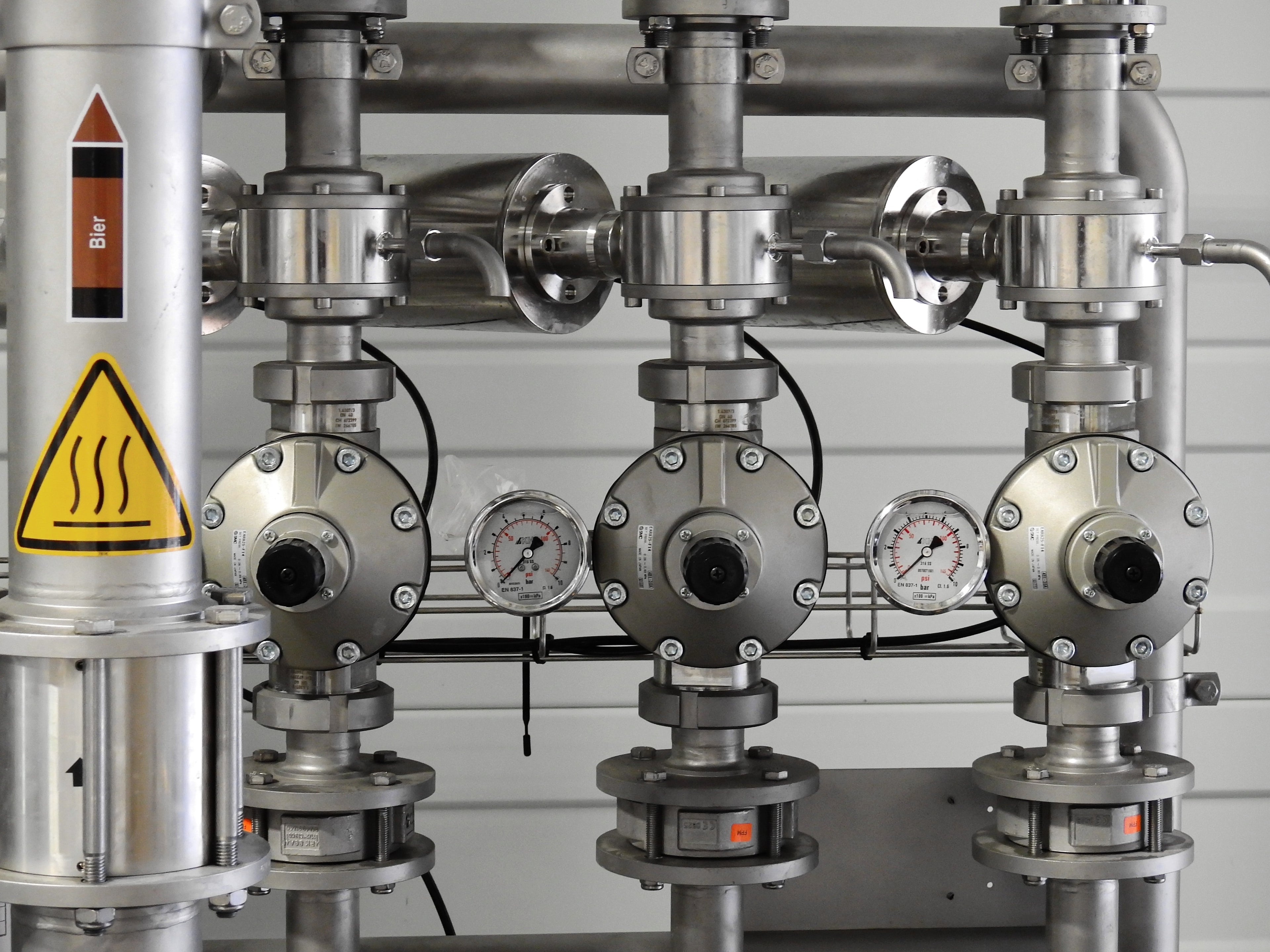In the case of cleaning the septic tank, many homeowners don’t realize the importance of risers for the septic tank. These small, yet vital elements provide easy access to the septic tank making regular inspections, pumping and other maintenance tasks a lot simpler. By putting risers in your septic tank, it eliminates the necessity of digging the ground every time you need to perform a service. It can save you time and money, while also lessening the disturbance to your landscape. They also lower the risk of accidents and injuries during maintenance since they offer a safe accessible entry point.

Effluent management is an additional crucial element of maintaining a healthy system of septic. Effluent refers the fluid waste that is pumped out of the septic tank and flows into the drain field for further treatment. It is a mixture of water, bacteria and organic matter. As time passes, the solid particles in the effluent may settle in the bottom of the tank and create a layer of sludge. If this sludge is not dealt with promptly, it can accumulate over time, block the system and lead to backups, bad odors, and potential damage to the drainfield. Regular pumping and control of effluent ensure that the septic tank is operating efficiently, preventing blockages from occurring and extending its lifespan.
Proper drainage is a fundamental component of the functionality of a septic tank. When the water that you use to wash your house leaves and enters the septic tank, it undergoes the natural process of separation. Solid waste settles to the bottom of the tank, whereas oils and lighter substances rise up to the top and form the”scum. The liquid waste, which is also referred to as effluent or water, leaves the tank to enter the drainfield to further filter. A well-designed drainage system will allow effluent to flow without issue, which will prevent back-ups and flooding. It is vital to ensure that the drainage pipes are free of debris, roots and other obstructions which can hinder the flow of effluent. Regularly scheduled inspections and maintenance of the drainage system can help keep costly repairs from happening and prevent any environmental pollution.
Picking the right septic system for your home is an important decision that has long-term implications for your property’s sanitation and functioning. Before making a decision you must consider some things. Consider the dimensions of your septic system based on the water consumption average of your household and the number inhabitants. If you have a large household or often entertain guests, a bigger tank is needed. The second thing to consider is the material used to construct the tank. Plastic, fiberglass, and concrete are all popular choices. Each material offers advantages and disadvantages when it comes to their durability, price and maintenance. Be sure to check the local regulations and requirements regarding the septic tanks. You must select a tank to be in compliance with the standards set by your local authorities and is compliant with all regulations. For more information, click Drainage
Lastly, consult with an experienced septic system installer who can assess your property’s needs and provide you with expert recommendations depending on the soil condition and topography. Take note of these aspects to ensure you select the best septic tank for your home.
Maintaining and functioning properly of septic tanks as well as the efficient management of effluents, the installing risers and ensuring that the drainage is proper are the most important elements to ensure the health and reliability of a system of septic. Septic tanks are the principal treatment of household wastewater. The effluent management process is the procedure that assures secure disposal of the treated liquid waste. The septic tank is access easily and without risk with the aid of the riser for septic tanks. A well-designed drainage system enables the effluent to flow easily, preventing back-ups and system failures. In the long run, focusing on these issues and following regular maintenance programs will ensure that septic systems are ecologically sustainable, efficient, and last a long time. This promotes a healthy and safe living environment.
